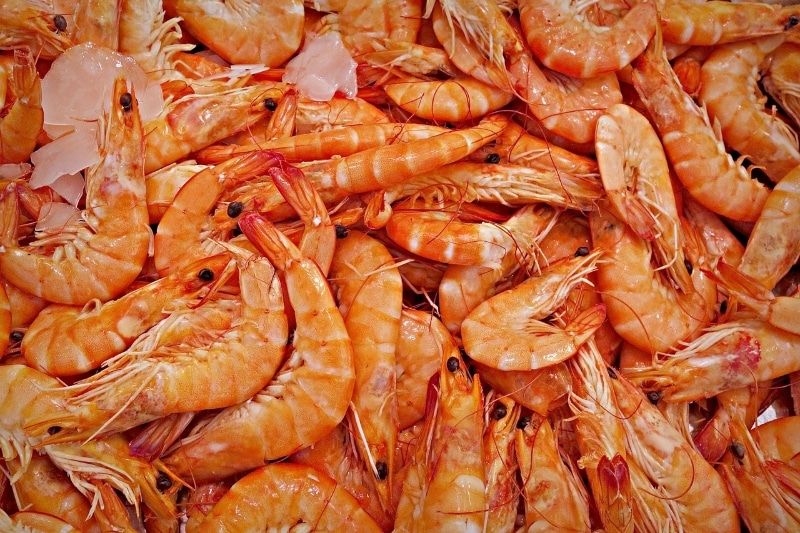Thai Union Group recently presented its strategy to expand shrimp farming decarbonization. The company is working with public and private stakeholders to explore how blue finance can support lower-emission aquaculture and help achieve net zero emissions by 2050. In a panel titled “Blue Financing and Aquaculture: Empowering the Sustainability Transition,” experts from government, finance, and the farming sector discussed how to fund and scale sustainable practices in shrimp farming.
Thai Union emphasized that most shrimp farms in Thailand could adopt low-carbon technologies. Early results from the company’s program include shrimp now available in the U.S. under the Chicken of the Sea brand. Developed with The Nature Conservancy, Ahold Delhaize USA, and Whole Foods Market, the program supports farms in using renewable energy, improving efficiency, and applying practical technologies. The shrimp are fully traceable from hatchery to shipment.
Speakers from the Asian Development Bank, the Thai Department of Fisheries, and local farmer Ponchart Luangnarumitchai joined the discussion. Luangnarumitchai said that access to solar energy and improved feed has lowered costs and helped his farm meet sustainability standards required by global markets. Government officials highlighted that partnerships with the private sector are aligned with Thailand’s national goals on emissions and aquaculture development.
Thai Union stated that broader progress will require stronger collaboration and financing across sectors. The company is working to build a scalable model for sustainable shrimp farming in Thailand and beyond.
(Souce: Thai Union)
